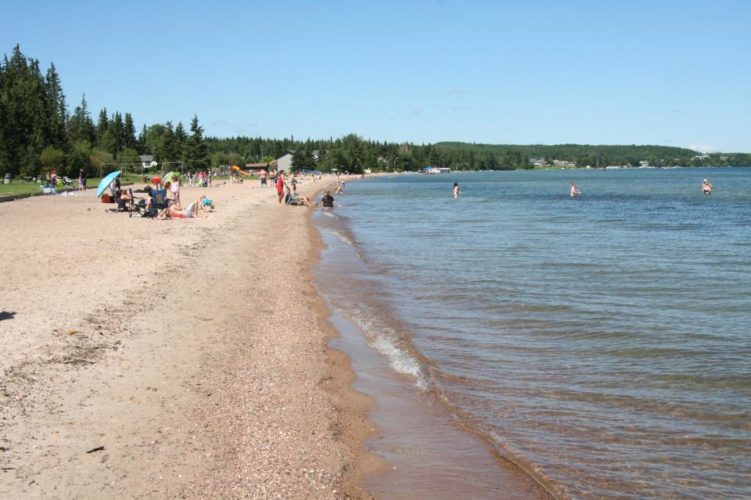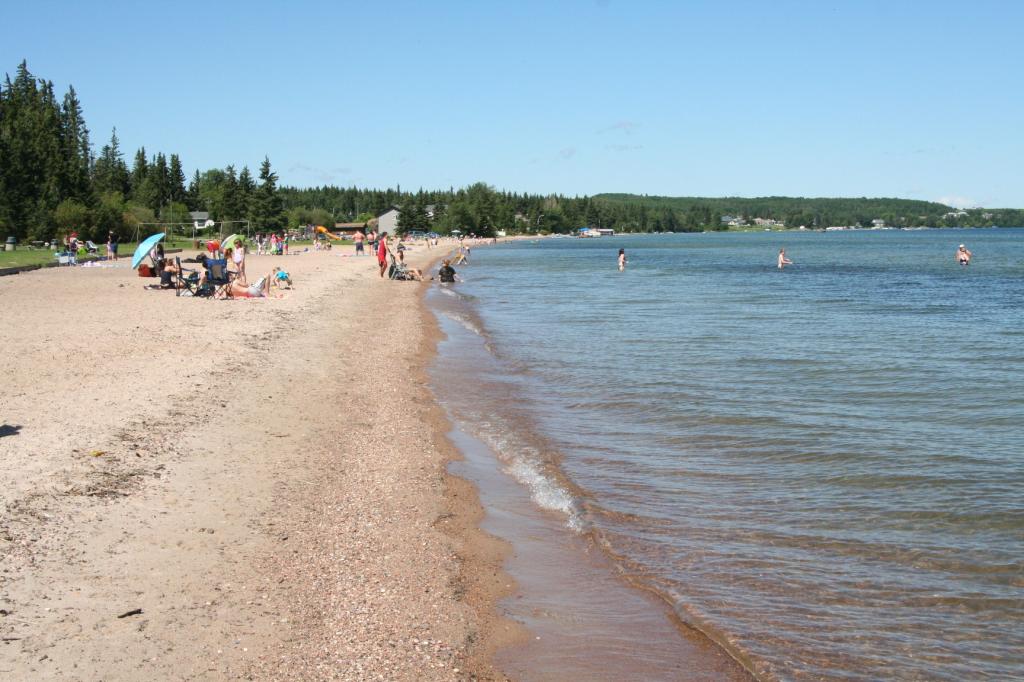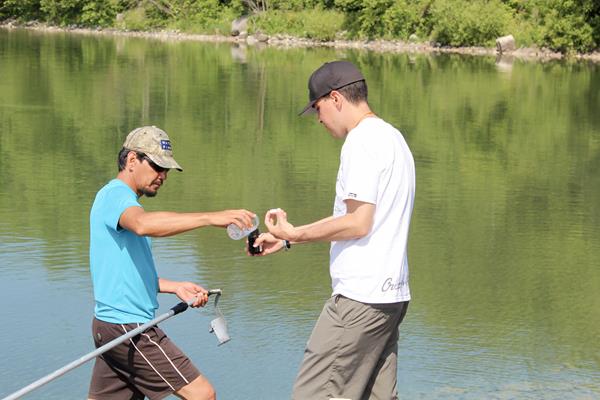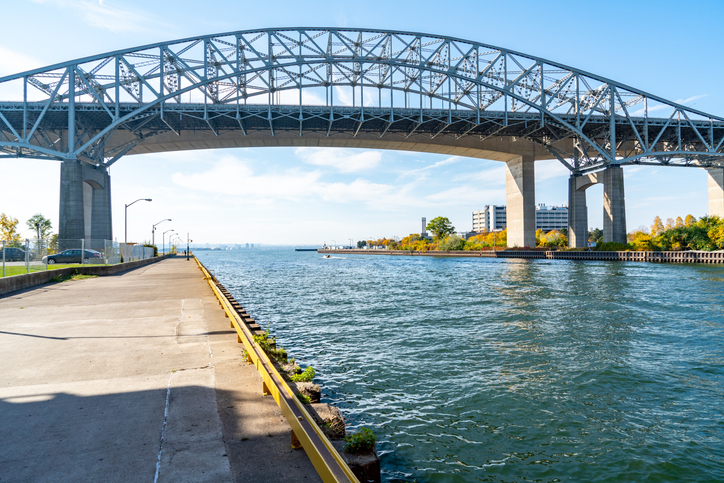Ontario’s Swim Guide, a Swim Drink Fish initiative, has announced the release of its open data standard for the automated exchange of recreational water quality data. This is the first ever open data standard for recreational water quality.
Recreational water quality data is increasingly shared in open, machine-readable formats. This greatly improves public access to this time-sensitive data and also allows recreational water quality data to become more useful and useable. However, there has been little consistency in the structure of the available open recreational water quality data, which impedes the interoperability of this water quality information.
In order to address this issue, Swim Guide developed an open data standard. The main goal of the standard is to improve the quality and timeliness of beach water quality data, and to help ensure that this data meets the F.A.I.R. data principles (Findable, Accessible, Interoperable, and Reusable).
“The Open Data collaboration is all about partnerships. The community of Surfrider, CIRA, and Swim Drink Fish will continue to create more awareness in protecting public health,” said Mark Mattson, Swim Drink Fish Canada.
Swim Guide developed the open data standard with funding and support from a 2017 Community Investment Program grant from the Canadian Internet Registration Authority. In addition to Swim Guide staff, the main authors of the standard are the U.S. EPA’s Research and Development team, the Surfrider Foundation, Alberta Health Services, and the River Network. The Surfrider Foundation was the first organization to use the new Swim Guide open data standard to share beach water quality data from its volunteer-led Blue Water Task Force water quality monitoring program.

“Surfrider’s main goal for monitoring beach water quality is to make sure that beachgoers have the information they need to know where it’s safe to surf and swim in the water, and to alert authorities of where pollution problems exist so they can be solved,” said Mara Dias, Surfrider Foundation. “We are really excited about the potential to reach new audiences and to amplify the impact of our data by using the new open data standard with Swim Guide.”
Recreational water quality data is monitored by multiple programs led by states, counties, and organizations at beaches, rivers, lakes, and swimming holes worldwide with the primary purpose of protecting public health from polluted water. Current recreational water quality data helps beachgoers and water users be informed about contaminated water.
Swim Guide provides recreational water quality data for over 7,000 beaches in eight countries. To date, Swim Guide has nearly three million users. The open data standard is available on github.









